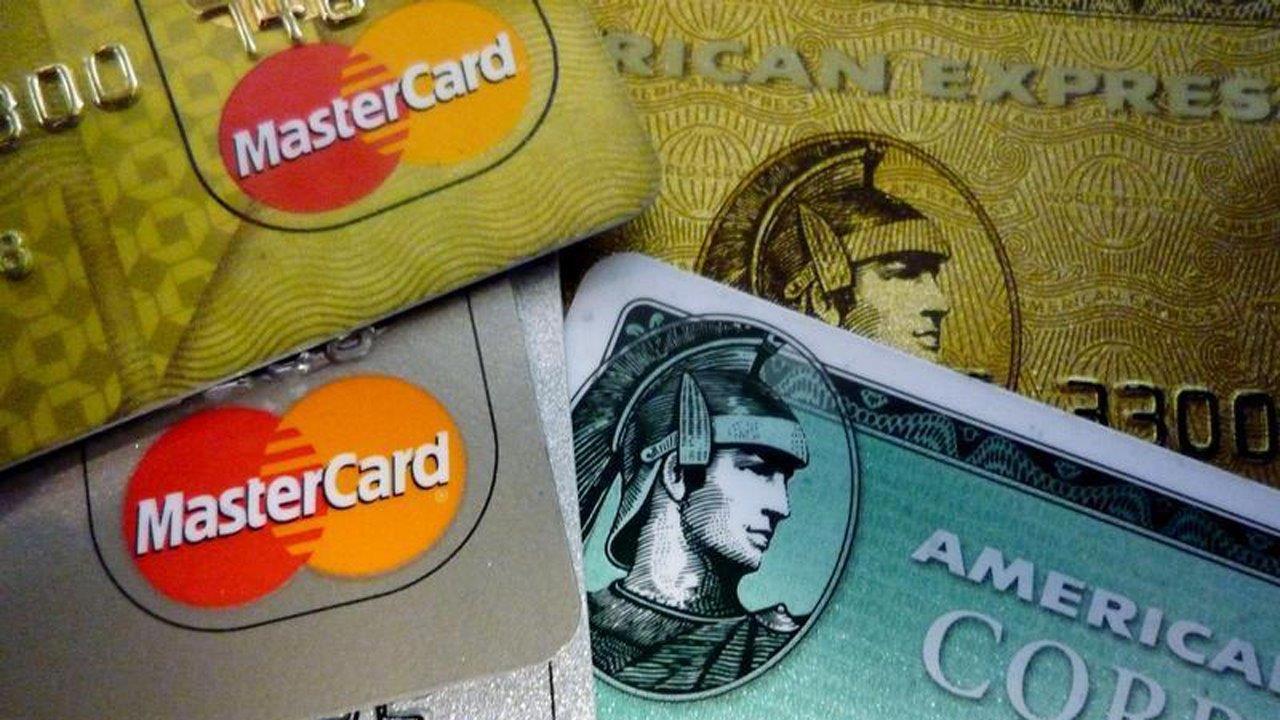New Guidelines Could Mean Higher Credit Scores for 12M Americans: Report
The credit scores for 12 million Americans may get a boost beginning July 1st. That’s when the three major credit agencies, Experian, TransUnion and Equifax plan to stop using certain negative information in credit reports including tax liens and civil judgments. NerdWallet.com financial columnist Liz Weston explained the changes and the steps consumers can take to boost their credit scores.
“This information was problematic to start with. It was causing lots of disputes, it was getting in the way of loan closings,” Weston told the FOX Business Network’s Maria Bartiromo.
Because of those issues, Weston says it was decided not to include that information on credit reports.
“So the three credit bureaus got together and said, ‘you know what, this is a pain in the butt, let’s get rid of it and FICO went in, which is the leading credit scoring company, and looked at the changes and said, ‘you know what, there’s no material effect on the scores ability to predict risk, so why not take this information away and start over?”
“Well, understand you have to have credit and use credit to have a good credit score, but you don’t have to carry debt, that’s a huge myth. So, if you get a credit card, use it regularly but lightly, pay it off in full every month, that is going to build your score. Or, those student loans that are, you know, dragging around, that’s actually helping their scores as well if they can pay them on time.”
A new report by JPMorgan Chase (NYSE:JPM) found that even households that make $100,000 a year may not be prepared for potential financial fluctuations or emergencies. Besides the financial impact of those unexpected expenses, there could be huge ramifications for your credit score.
“Having some kind of emergency fund is really important because you don’t want to miss those payments, that’s a huge factor in your credit score. You miss one payment, you can knock 100 points off your score.”
According to Weston those emergency funds don’t need to be huge.
“For low-income families that could be $250-$500, it doesn’t have to be a lot of money. Higher income families obviously are going to need a little bit more to insulate themselves against those changes.”




















